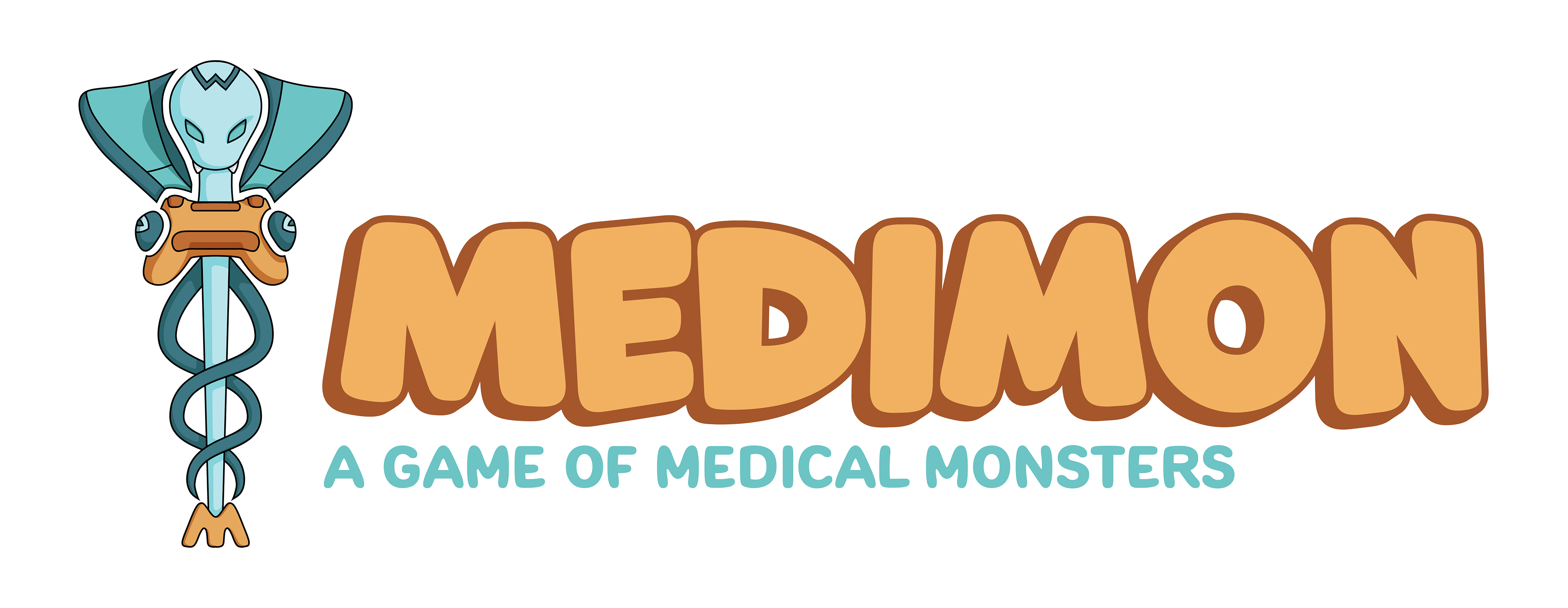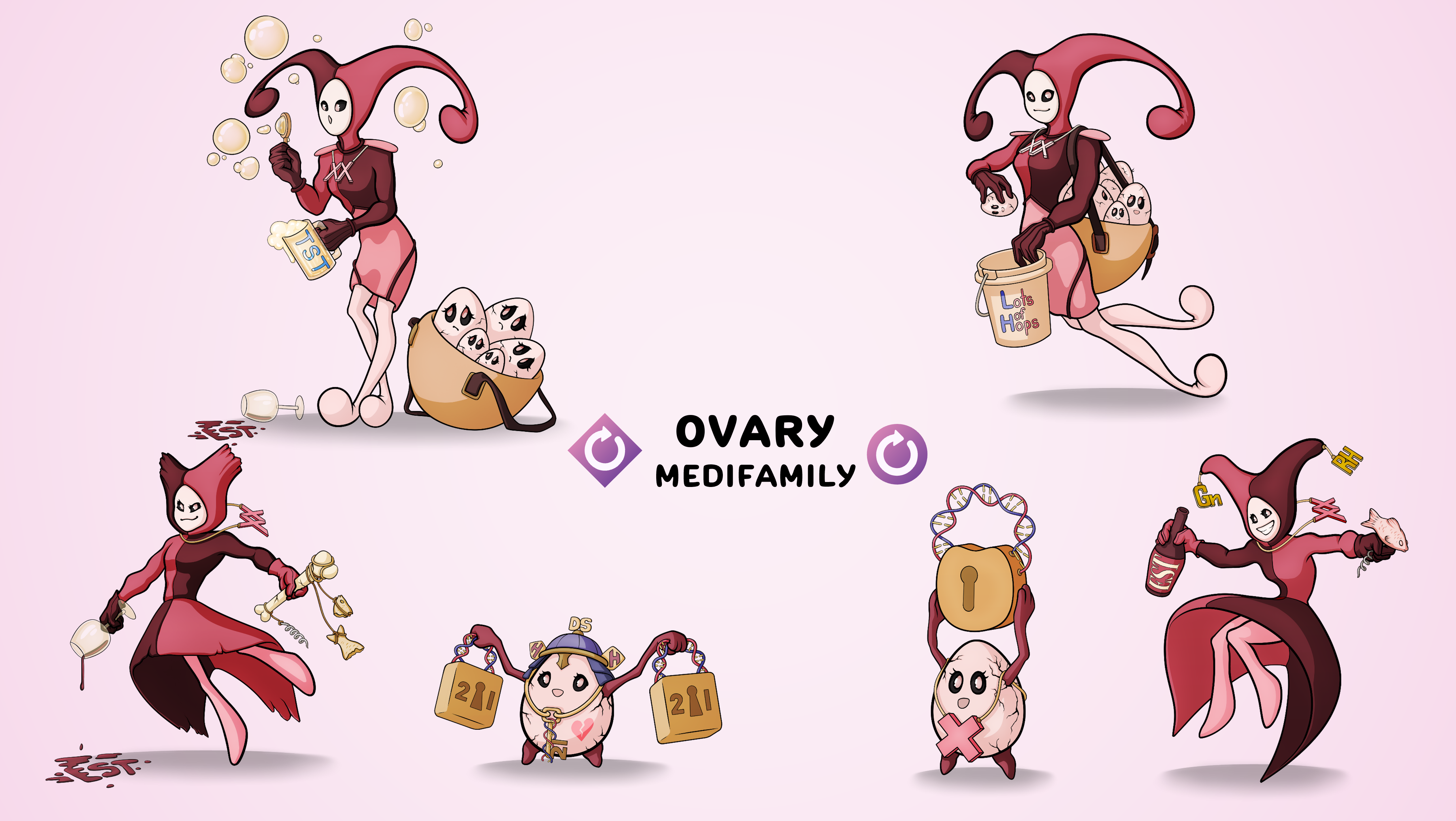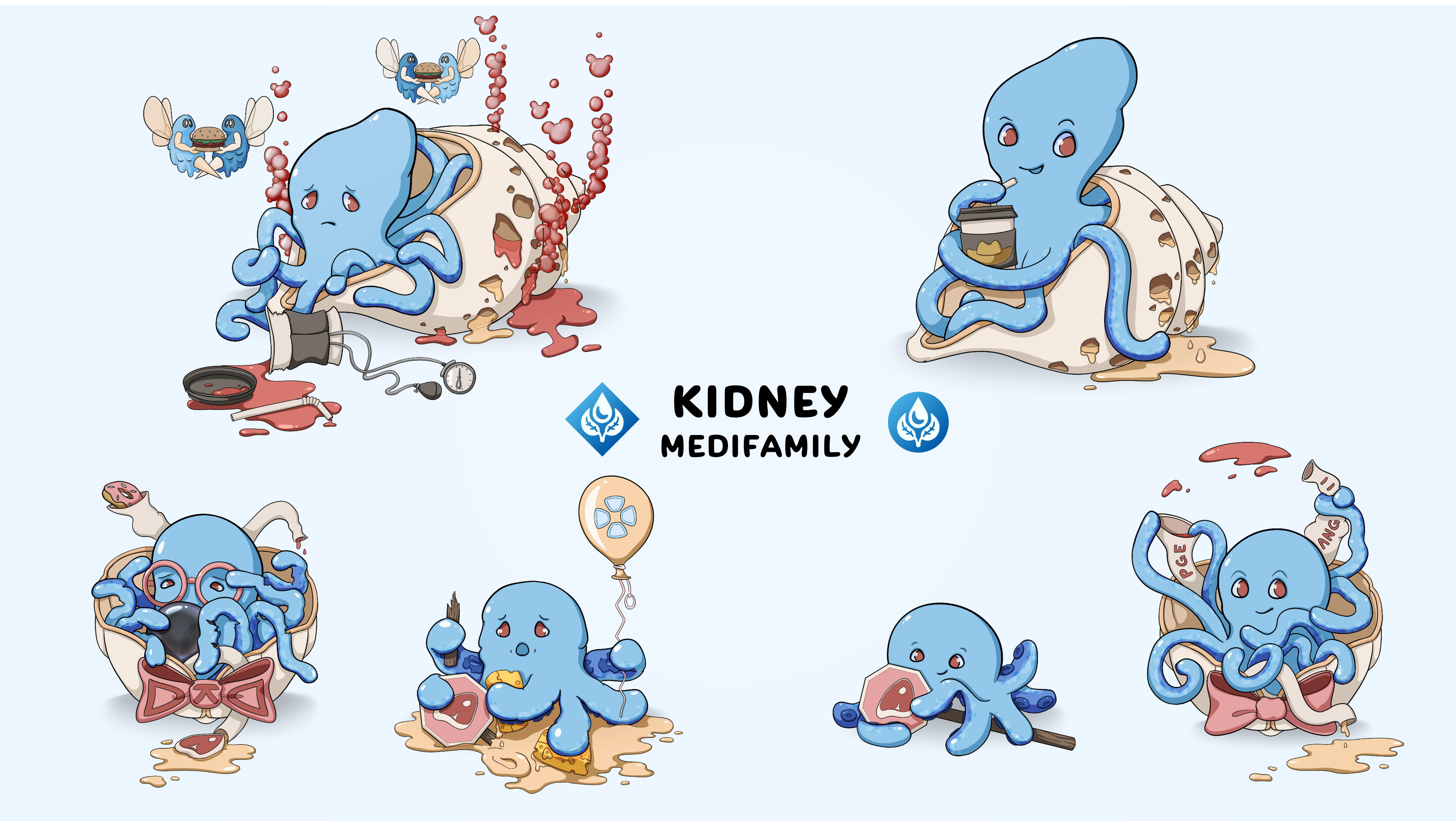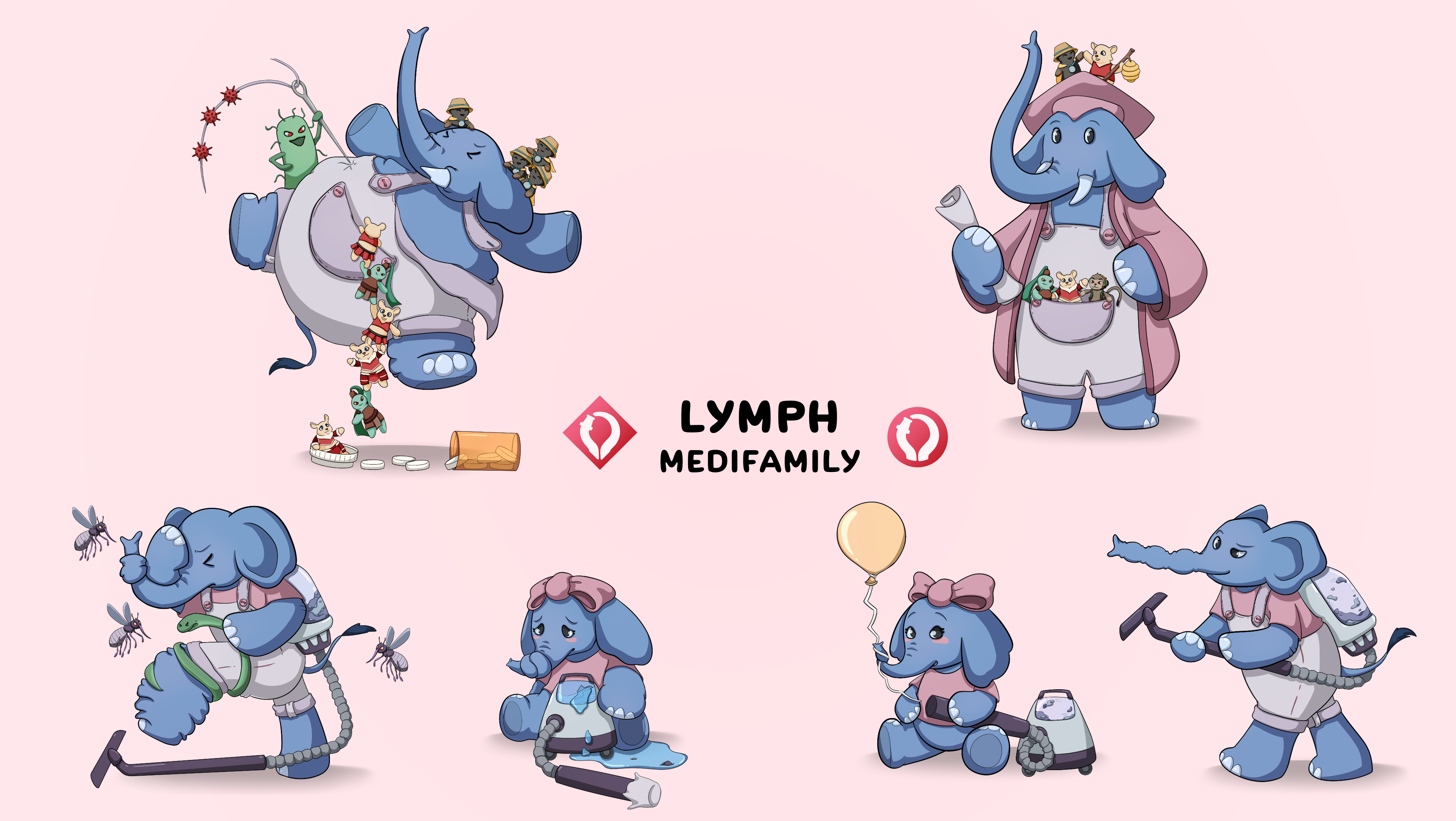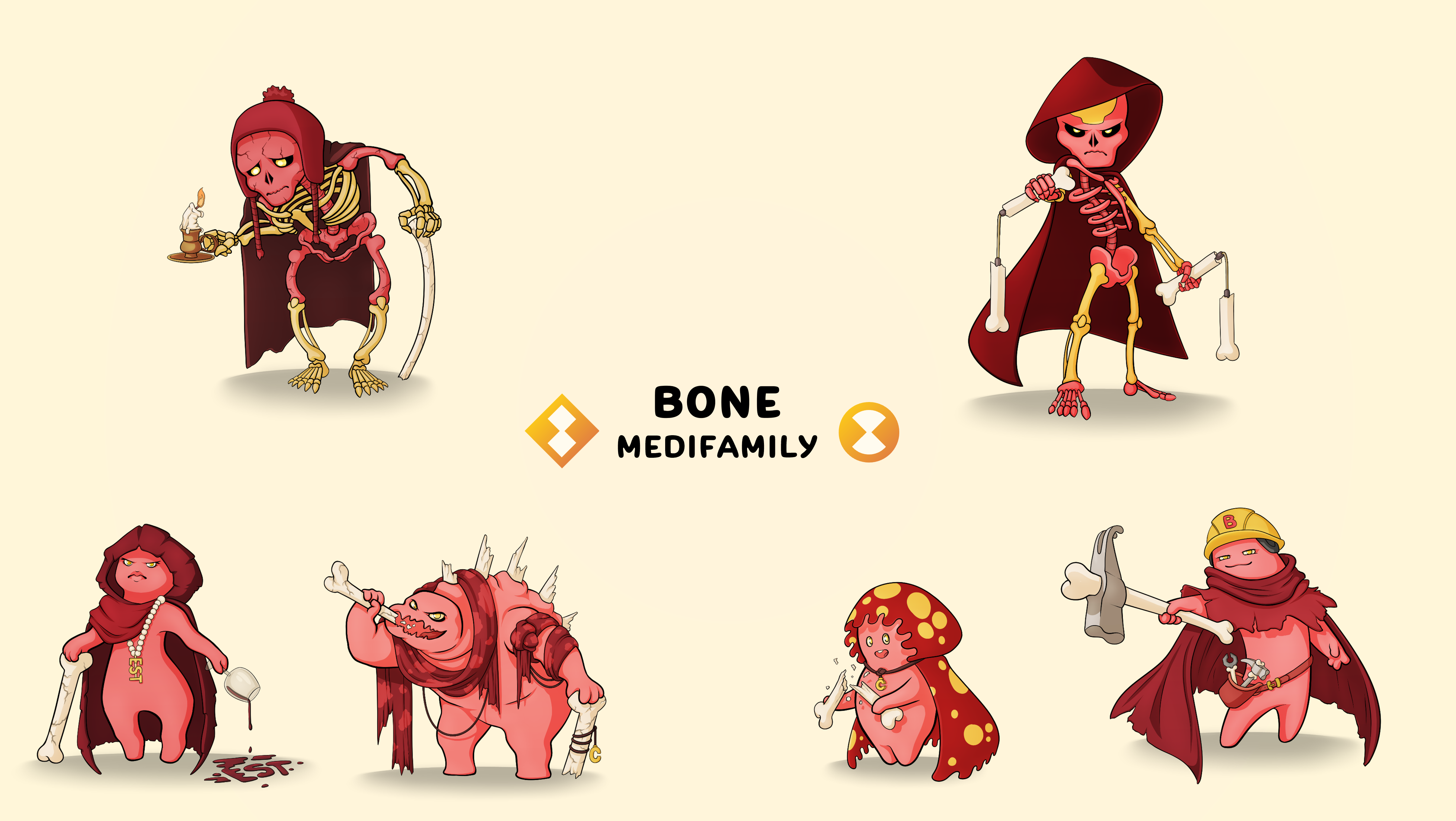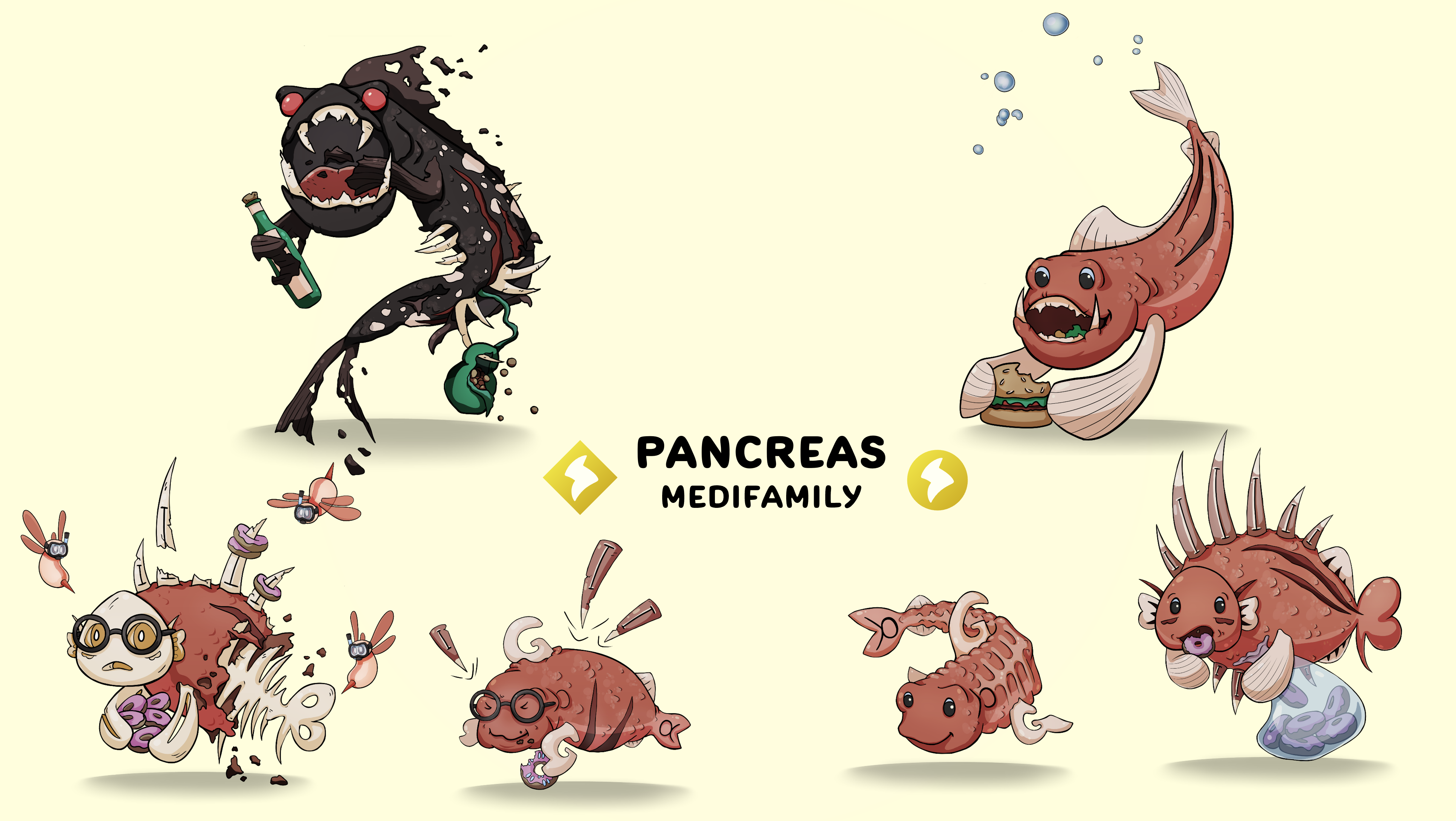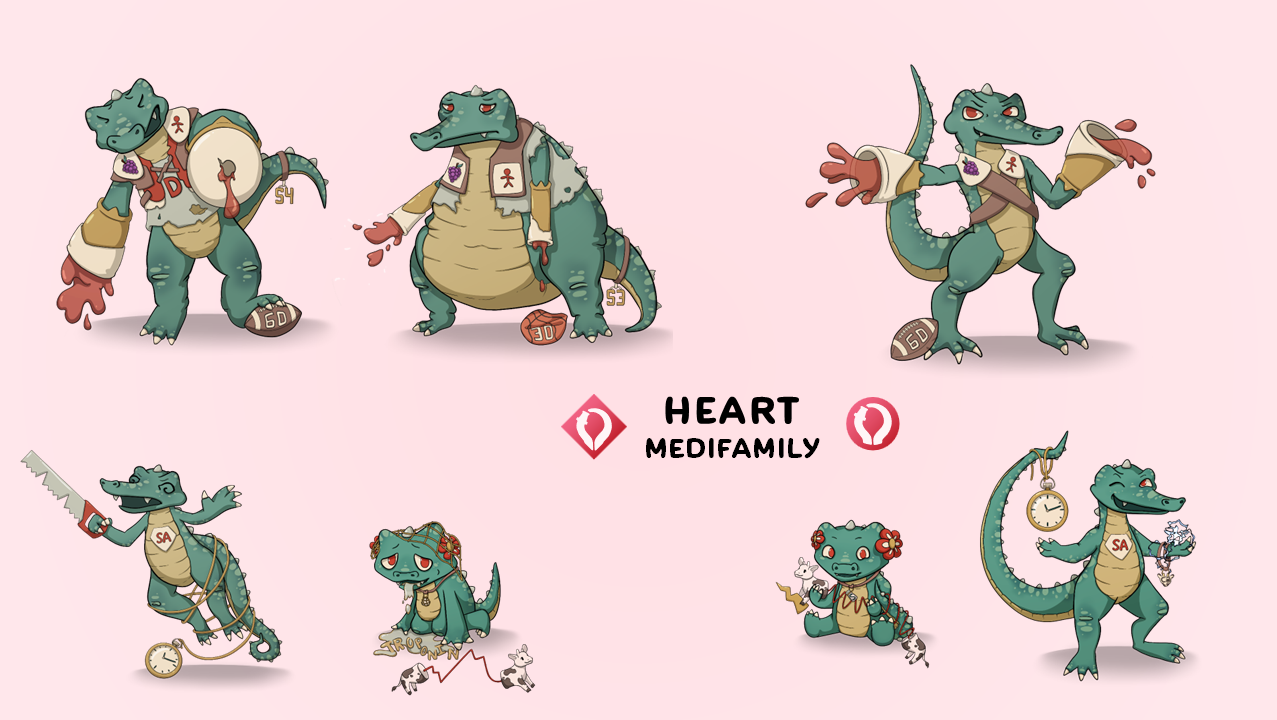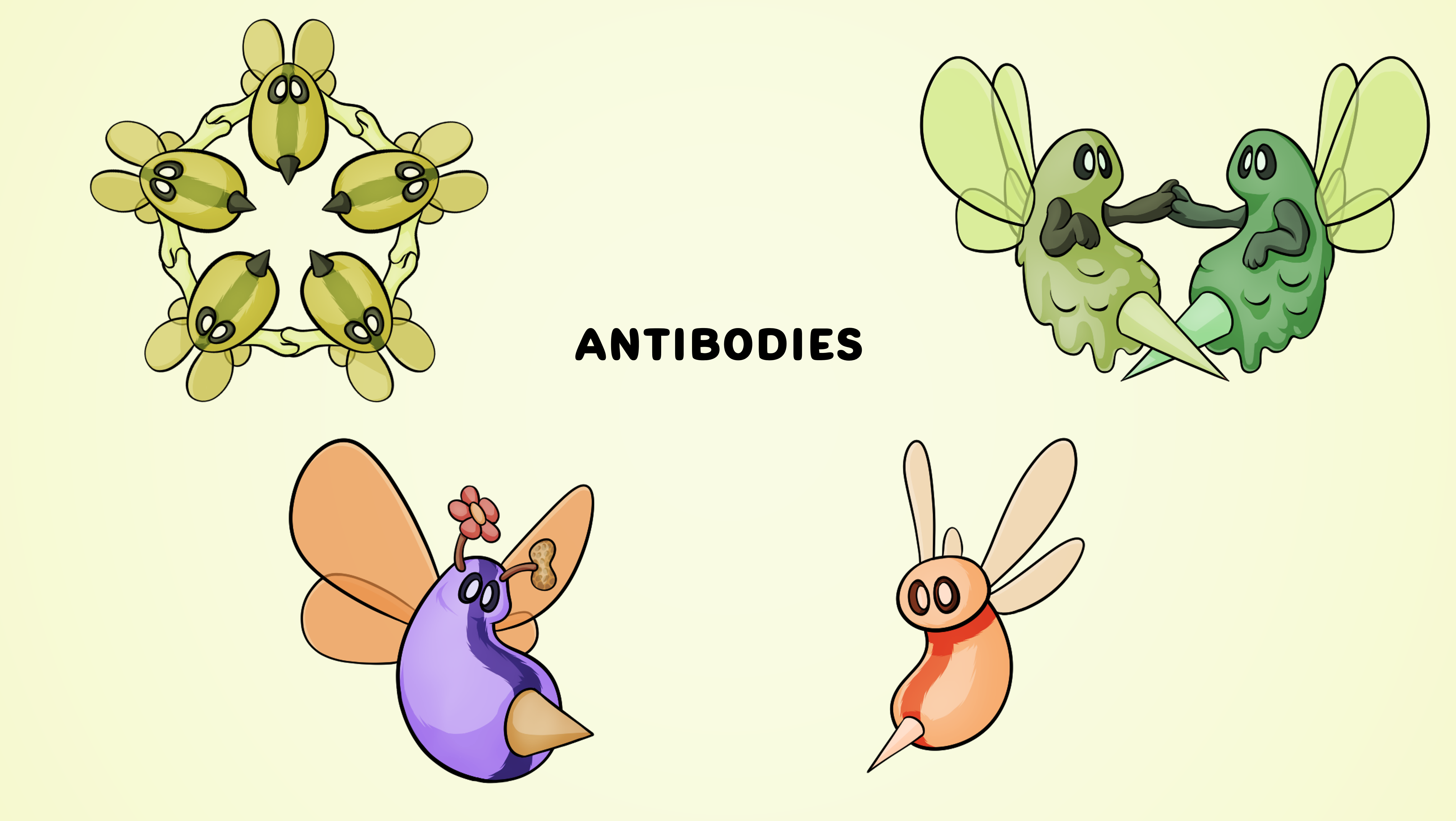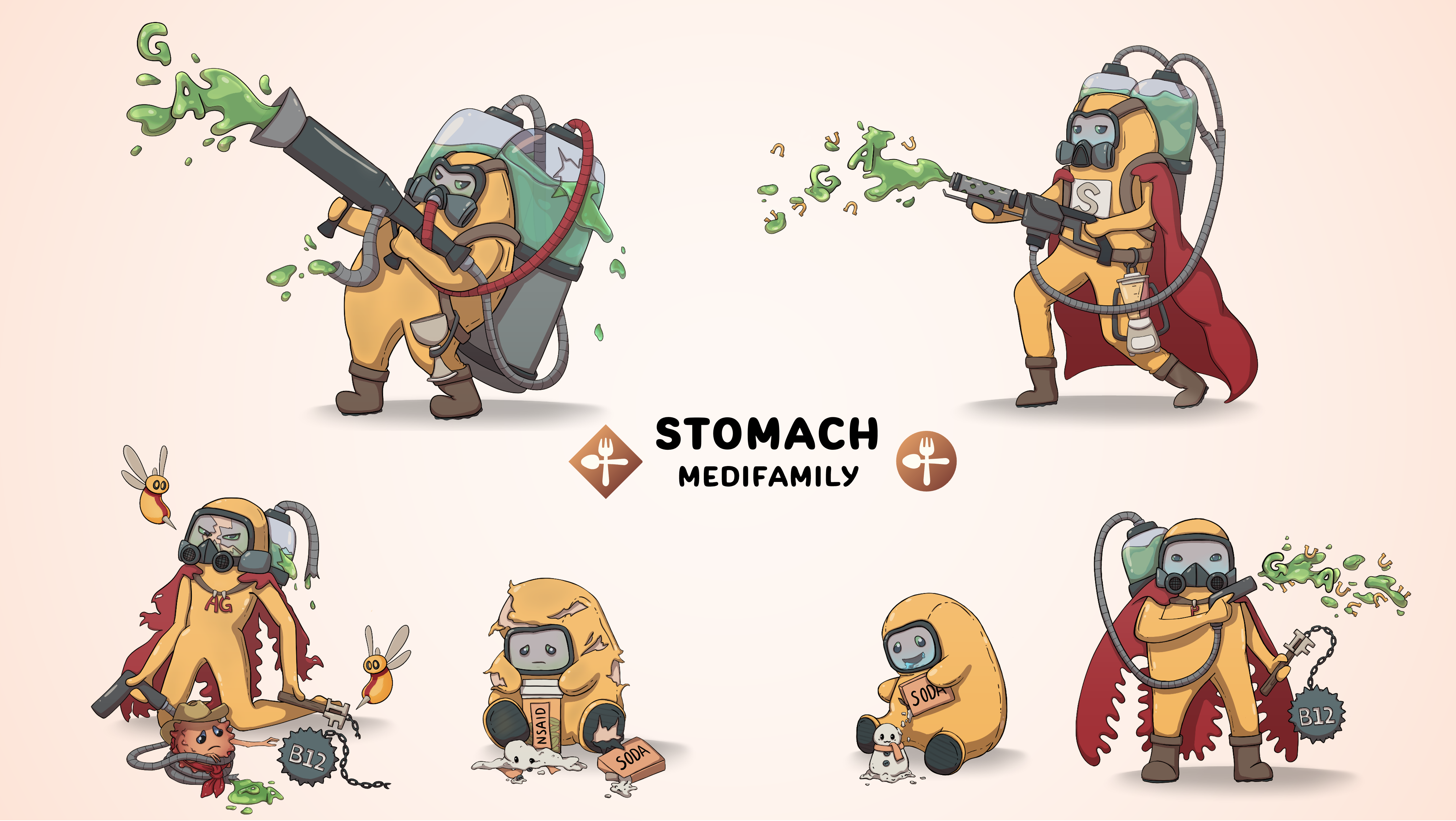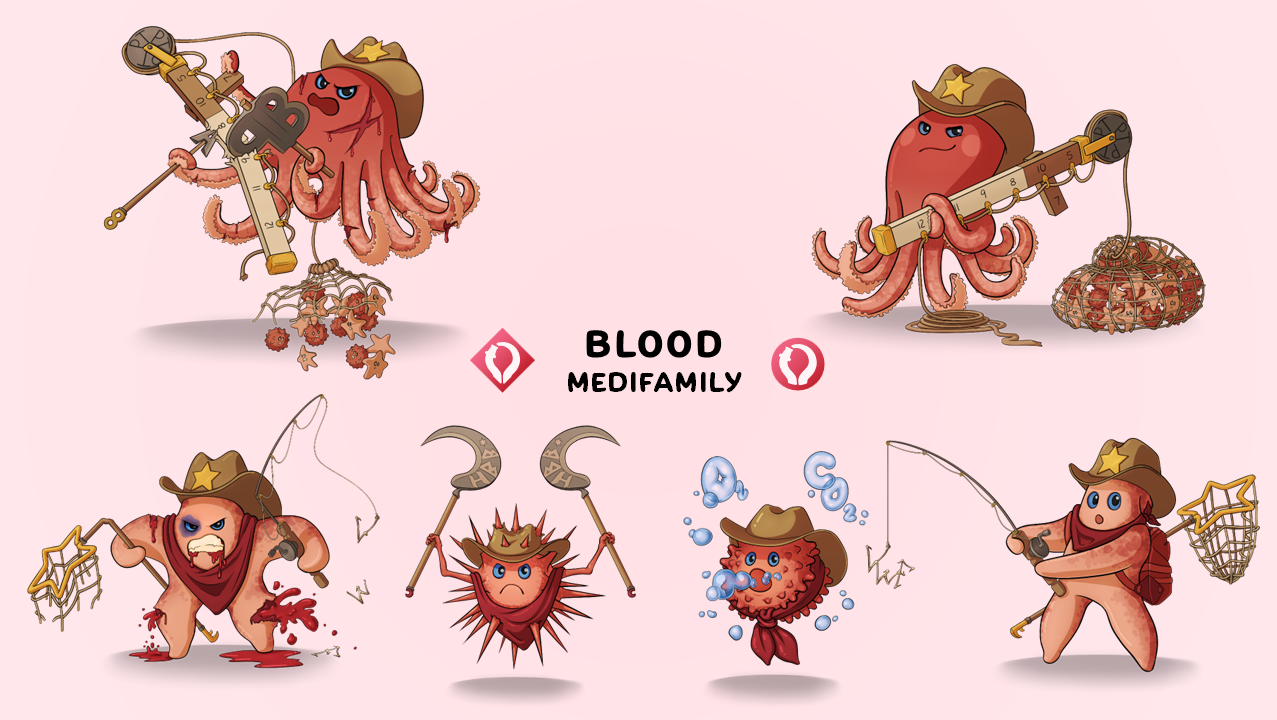Healthy mouth
Salivary Gland
Salivary Glands are small organs in your mouth that produce saliva. Saliva helps keep your mouth moist, break down food, and protect your Teeth from decay.
Gums
Gums are the soft, pink tissue that surrounds and supports your Teeth. They help hold your teeth in place and protect the roots from bacteria and damage.
Tooth
A Tooth is a hard, white structure in your mouth that helps you bite and chew food. It has several layers, including a hard outer layer called enamel and a sensitive inner layer called dentin.
Diseased mouth
Xerostomia
Xerostomia, also known as dry mouth, is a condition where your Salivary Glands don't produce enough saliva. This can lead to difficulty swallowing, bad breath, and an increased risk of Tooth decay.
Periodontal Disease
Periodontal Disease (Perio) is a Gum infection that damages the Gums and can lead to Tooth loss. It's caused by harmful bacteria that build up on the Teeth and Gums.
Cavity
A Cavity is a hole in a Tooth caused by Tooth decay. It happens when bacteria in your mouth produce acids that wear away the Tooth's enamel, leading to pain and sensitivity.
mouth Treatment
Xerostomia -> Salivary Gland
Xylitol treats Xerostomia by helping to increase saliva production. It's a natural sweetener that can be found in sugar-free gum and other products, and it helps keep your mouth moist and reduce dry mouth symptoms.
Periodontal Disease -> Gum
Deep cleaning treats Periodontal Disease by removing plaque and tartar from the Teeth and Gums. This procedure, also called scaling and root planing, helps reduce Gum inflammation and allows the Gums to heal.
Cavity -> Tooth
Fillings treat Cavities by filling in the hole caused by Tooth decay. A dentist removes the decayed part of the Tooth and then fills the Cavity with a dental material, like composite resin or silver amalgam, to protect the Tooth and prevent further decay.
